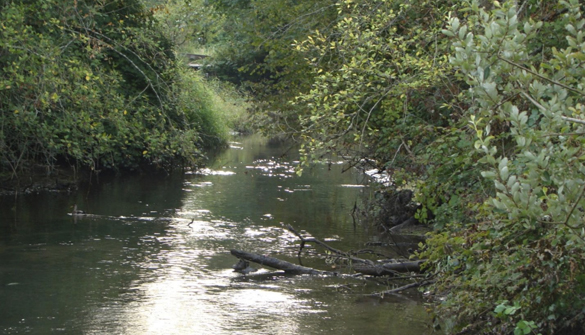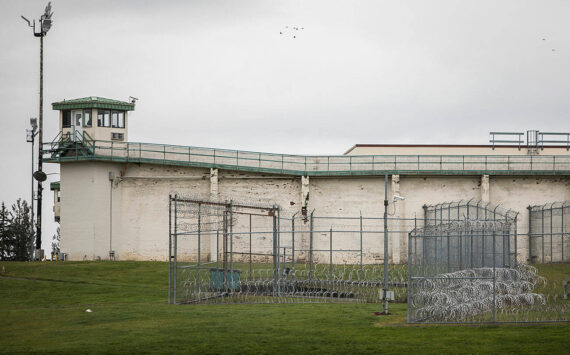The Port of Tacoma and the U.S. Environmental Protection Agency (EPA) have reached a tentative agreement to alleged wetlands violations related to clearing invasive snail-infested property and a partial fill on another site. The Port has proposed restoring one wetland on site and developing a higher-quality habitat restoration to include forested wetlands and stream enhancements at Upper Clear Creek, a salmon-bearing stream in the Puyallup River watershed.
The proposed $4.65 million agreement, approved Wednesday by the Port of Tacoma Commission, must still receive final approval by the U.S. Department of Justice in Washington, D.C.
The consent decree approved by the Commission includes $2.65 million to create and restore wetlands at the Upper Clear Creek and restore and enhance the Alexander Avenue wetland; $1.5 million in stream enhancements; and a $500,000 cash penalty to be divided among the Port and contractors.
“We are disappointed to find ourselves in this situation and to have EPA demand such a high settlement—especially given the orders by state and federal agencies involving invasive snails,” said Port of Tacoma Commission President Don Meyer. “But we are thankful we could invest most of it locally in a valuable salmon stream enhancement that benefits the environment and the community.”
The habitat restoration and stream enhancement will include 7.56 acres of emergent, scrub-shrub and forested wetlands, about four acres of enhanced wetland buffers and 3,400 linear feet of new meandering stream that will provide rearing and forage habitat for salmon, steelhead and cutthroat trout. The complete site will cover about 40 acres and will include other wetland, stream and pond features to be used as mitigation for future Port projects. The completed project will reconnect more than a mile of Clear Creek to its former flood plain and wetlands.
The Port learned in May 2007 that vineyard snails, an invasive species that destroys grain crops, had been discovered on property on the east side of the Blair Waterway. Under immediate orders from federal and state agriculture departments, the Port worked to eradicate the invasive snails from the Blair Peninsula. The snails remained despite using goats and manual methods to clear vegetation. The agriculture departments expressed urgency in stepping up eradication efforts.
In October 2008, under an emergency exemption from the City of Tacoma to operate within wetlands, understanding that the Port would have to mitigate later for this work, the Port hired a contractor to use mechanical equipment to remove vegetation harboring the snails from the site, which the agriculture departments called “ground zero” for the snails. On Dec. 30, 2008, the Port received a letter from the U.S. Army Corps of Engineers ordering work to stop. The Corps considers the use of mechanical equipment as equivalent to filling wetlands, requiring a permit the Port did not have. The Port immediately stopped work and asked to meet with the Corps to develop a plan to fulfill the snail eradication requirements and agree on appropriate mitigation for working in the wetland without the required permit.
Shortly after the Port submitted a proposal to the Corps to create and enhance more than twice the 6 acres affected, the EPA took over enforcing the issue. The Port and the EPA have been negotiating since 2010 on a plan to resolve the issue.
In the meantime, the Port continued efforts to rid property of the invasive snails. While snails have been found as recently as this year on some Port- and privately-owned sites in the area, including this one, several sites in the area have passed five years of inspections. After five consecutive years without snails, the federal and state departments of agriculture will consider them eradicated.







